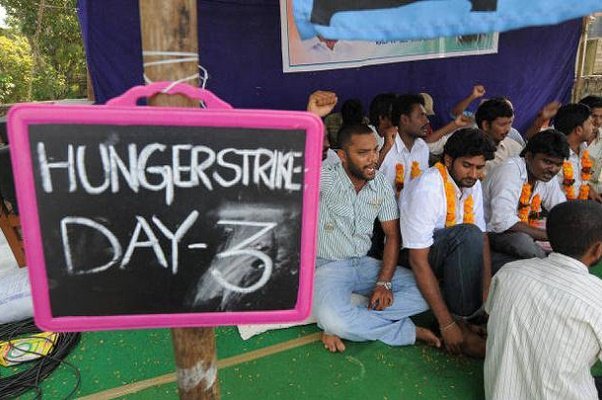In a controversial decision, the Government of India has said that the attempt to commit suicide (section 309 of the IPC) will no longer be a criminal offence. The Government’s decision is backed by 18 states and 4 union territories.Once the bill to clear this change is passed by the Rajya Sabha, section 309 will be removed from the statute book.
The attempt to commit suicide was, thus far, punishable with a jail term of one year and a fine. Following its decriminalisation, those who attempt to take their lives will not be recognised as criminal offenders.
According to the WHO, one person commits suicide every 40 seconds, globally. India accounts for the highest number of estimated suicides in the world.
Approximately 135,000 Indians committed suicide in 2012. Youngsters in the age group 15-29 years accounted for the highest rate of suicide per 100,000 population in India.
Faced by numbers as daunting as these, the decision to decriminalize the attempt to commit suicide seems unsettling.
What are the likely implications if the attempt to commit suicide is decriminalised?
1. Instances of attempted suicide indicate severe depression and a ‘diseased condition of the mind’. The Center believes that these instances should be met with treatment and care, rather than prosecution. Is that fair?

2. There is also the fear that those who try to hold the government ransom (read: self-immolation, fast unto death, suicide bombings) will escape any kind of punishment. Does this aspect need to be considered?

3. There are other, related issues that might become more problematic if Section 309 is done away with. What kind of laws will govern mercy killing or abetting suicide?

4. Most importantly, does it make sense to do away with a law that tries to serve as a deterrence for those who consider suicide?


















